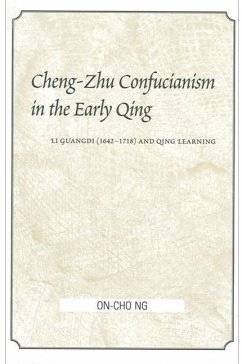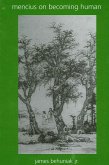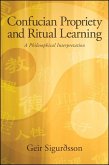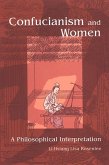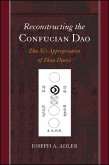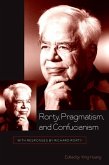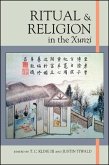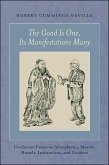This first book-length study of the Cheng-Zhu School of Confucianism in the early Qing period explores the thought of Li Guangdi, a powerful official in the court of the Kangxi emperor. On-cho Ng undertakes close readings of Li's ideas of ultimate truths and first principles, while situating them in the context of the intellectual concerns of sixteenth- and seventeenth-century China. Addressing philosophical issues neglected in scholarship on early Qing learning, the author offers a new angle from which to view the Ming-Qing intellectual transition and the formation of early Qing thought. He argues that Cheng-Zhu learning, far from being out of step with the epochal climate of thought because of its putative preoccupation with the ultimate and the transcendent, was actually a dated reflection of, and active contributor to, early Qing thought. By tracing the contour and development of Li Guangdi's thought formulated within the bounds of inherited Cheng-Zhu teachings, this book reveals how philosophic discourses in traditional China were often dynamic, hermeneutic endeavors of reinterpreting and renewing received tradition.
Hinweis: Dieser Artikel kann nur an eine deutsche Lieferadresse ausgeliefert werden.
Hinweis: Dieser Artikel kann nur an eine deutsche Lieferadresse ausgeliefert werden.

